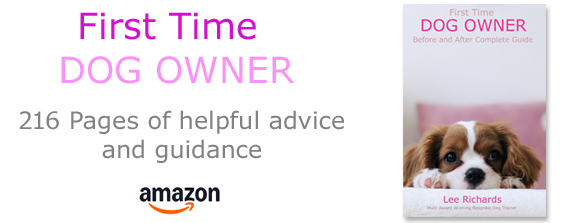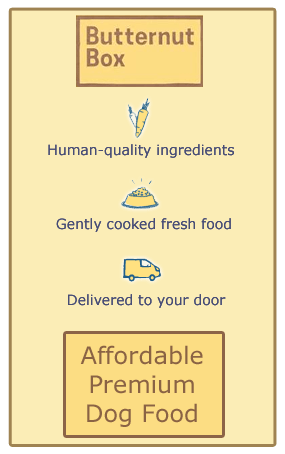Switching your beloved canine companion’s diet may seem like a daunting task, but with the right knowledge and approach, it can be a smooth, beneficial process for both you and your pet.
SWITCHING DIET
Firstly, understanding the ‘why’ is crucial.
The decision to switch your dog’s diet could be influenced by various factors such as age, health conditions, or quality of the current dog food.
Age-specific diets, for instance, cater to the unique nutritional needs of puppies, adult dogs, and senior dogs.
Health conditions may require special diets, while the discovery of a higher-quality dog food would definitely warrant a diet switch.
SENSITIVE STOMACH
Once you’ve decided to change your dog’s diet, doing it gradually is key.
Dogs tend to have sensitive digestive systems, and a sudden change in diet can cause problems, including diarrhea and vomiting.
Therefore, it’s advisable to introduce the new food gradually, over a period of about one week.
Start by replacing about 25% of the old food with the new food.
Then, gradually increase the proportion of the new food while decreasing the old, observing your dog’s reaction over a period of several days at each stage.
CHANGES IN YOUR DOG
While switching your dog’s diet, pay close attention to their behavior and physical responses.
Any changes in energy levels, coat shine, or bowel movements should be noted.
An improvement is a good sign that the new diet is beneficial.
However, if your dog appears lethargic, loses weight rapidly, or shows signs of discomfort, it might be an indication that the new food is not suitable, and you should consult your vet immediately.
TAKE YOUR TIME
Avoiding the temptation to switch foods too frequently is also essential.
While variety might be the spice of life for humans, dogs thrive on a consistent diet.
Too much variety can upset a dog’s stomach and make it difficult to pinpoint allergies or sensitivities.
If your dog is doing well on a particular diet, it’s usually best to stick with it.
In summary, while the switch in your dog’s diet requires careful thought and handling, the potential benefits – including improved health, vitality, and lifespan – can make it well worth the effort.
Always remember, your dog’s health and happiness are paramount, and any changes to their diet should always aim to enhance these.









